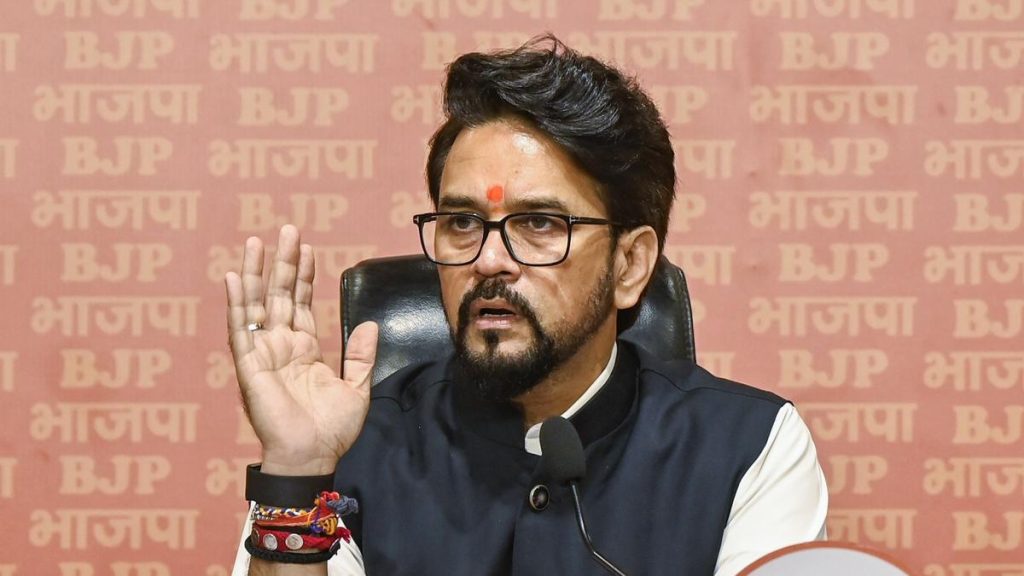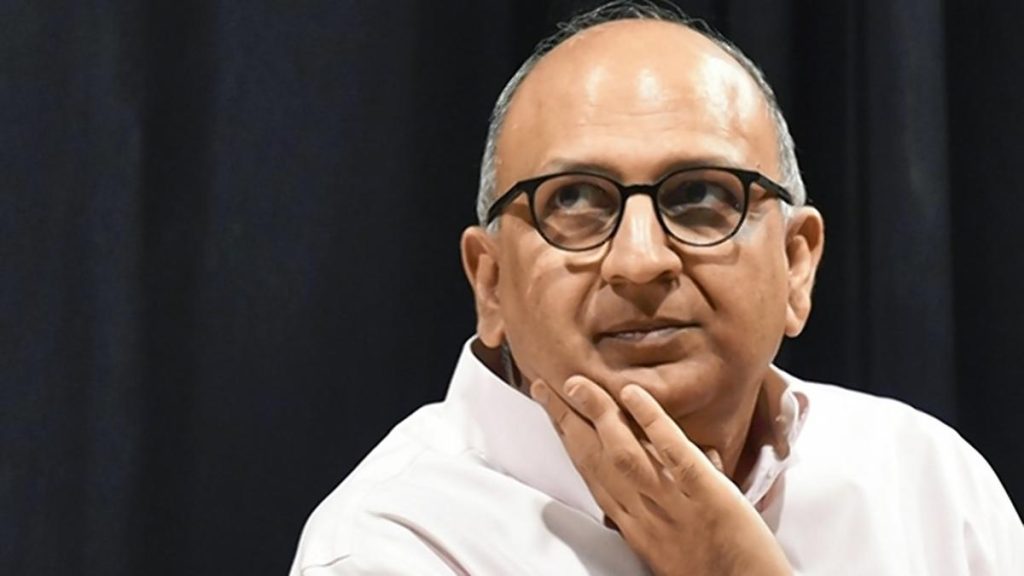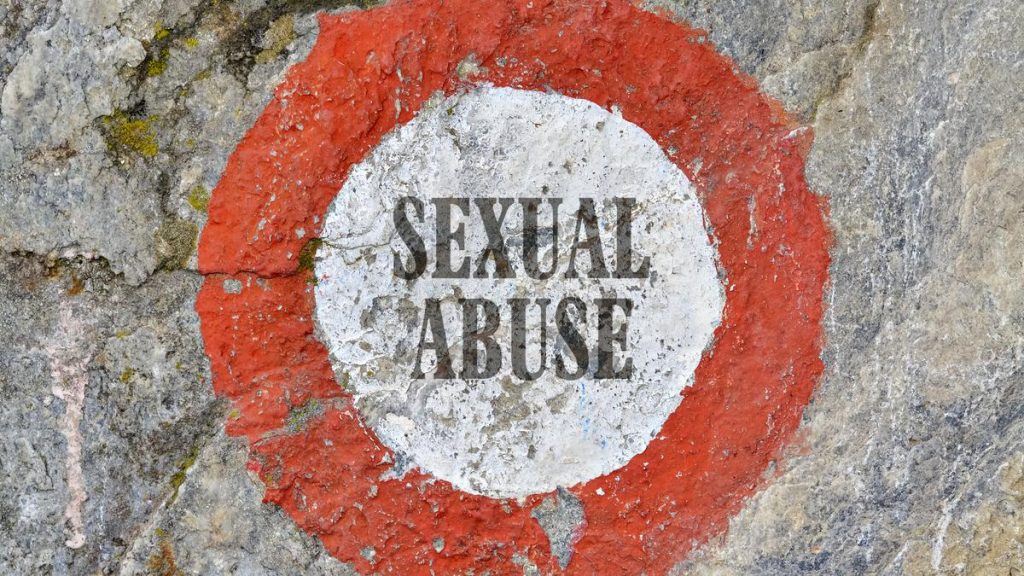Now Reading: Forum Pushes Telangana CM to Act on Pending Corruption Cases, Highlights Delays
-
01
Forum Pushes Telangana CM to Act on Pending Corruption Cases, Highlights Delays
Forum Pushes Telangana CM to Act on Pending Corruption Cases, Highlights Delays

Quick Summary:
- The Forum for Good Governance has called on Telangana Chief Minister A. Revanth Reddy to expedite action on Anti-Corruption Bureau (ACB) cases, emphasizing delays and withdrawals undermine the government’s credibility in combating corruption.
- In a letter dated August 23,the forum highlighted pending cases involving revenue and registration officials based on RTI responses from the Telangana Revenue Department.
- Specific cases cited include:
– 2010: Deputy Collector Satyanarayana trapped taking a bribe; prosecution permission denied and unresolved for 14 years.
– 2014: Deputy Collector Ramu Naik caught accepting bribes and possessing disproportionate assets; prosecution not granted,matter with Commissioner of Inquiries still unresolved.
– 2011 & 2013: Joint Sub-Registrar S. Sahadev and Sub-registrar Y.Vanaja Kumari trapped in separate incidents; no clear follow-up or actions taken after charges were dropped or stalled through inquiries.
- The Forum president M. Padmanabha Reddy criticized administrative stalling of corruption cases at the Secretariat level via prolonged permissions or departmental inquiries that dilute ACB’s deterrent affect against corrupt practices.
- the forum urged the CM to issue directions ensuring timely resolutions of such cases.
Indian Opinion Analysis:
Efficient handling of corruption-related investigations impacts both administrative integrity and public trust in governance systems. Delays-particularly those spanning over a decade as noted-risk eroding confidence in mechanisms such as the Anti-corruption Bureau intended to act as deterrents. The significant backlog highlighted by this letter underscores challenges within procedural clearances required for prosecutions, possibly indicating systemic inefficiencies at organizational levels like Secretariats.
From an institutional perspective,failure to prosecute further incentivizes misuse of positions among public officials-a remark made by critics cited within this issue-and discredits anti-corruption efforts overall. These unresolved incidents serve as pressing reminders for reforms aimed at expediting procedural bottlenecks surrounding sensitive governance matters.
Resolution clarity is vital here: prioritizing these pending issues aligns not only with accountability but ensures adherence toward stronger state priorities surrounding ethical standards truer periodically strengthening reports around success-driving Openness concluding implications!























